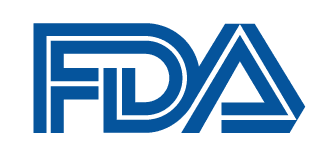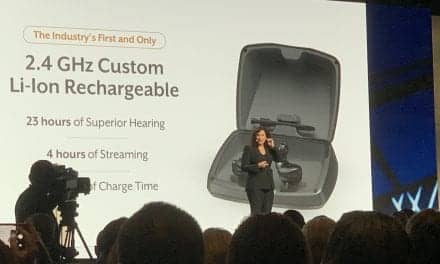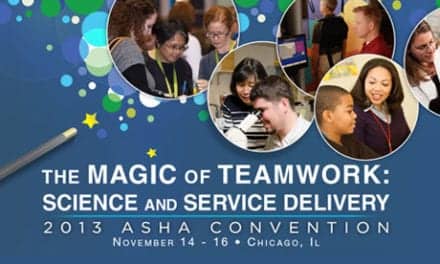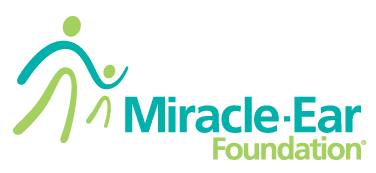The FDA has released the agenda for its April 21, 2016 workshop on “Streamlining Good Manufacturing Practices (GMPs) for Hearing Aids.” The Workshop can be viewed via FDA webcast, and takes place from 8:30 AM to 5:30 PM EST.
As previously announced by the Hearing Industries Association (HIA), David Fabry, PhD, vice president of audiology and professional relations for Starkey Hearing Technologies, will represent HIA on a panel that will examine “Quality Standards for Manufacturing Hearing Aids.” Representatives of the Acoustical Society of America, Consumer Technology Association, and Dolby Laboratories will also participate on the quality panel. Panelists will examine topics ranging from the importance of the FDA’s Quality System Regulation (QSR) to whether third-party voluntary standards could replace mandatory FDA controls for a new “basic” class of hearing aid as recommended in an October 2015 report by the President’s Council of Advisors on Science and Technology (PCAST).
FDA Commissioner Robert Califf, MD, will open the workshop, and the morning will also feature a review of the PCAST report by Michael McQuade, and an update by Ellen Flannery on the Institute of Medicine’s (IoM) Study on Accessible and Affordable Hearing Health Care for Adults. An overview of FDA’s hearing aid regulations will also be presented by Srinivas “Nandu” Nandkumar of the FDA’s Office of Compliance. This will be followed by a Public Speakers Forum.
After lunch, the meeting will turn its attention to three specific topics, and each topic session presentation will be followed by questions and answers:
- Hearing Aid Access (2:10-3:10PM): Margaret Wallhagen (HLAA), Alicia Spoor (ADA), Evelyn Cherow (GlobalPartnersUnited), Heinz Ruch (Amplifon);
- PCAST Proposed Stratification of Hearing Aids (3:10-4:10PM): Ian Windmill (AAA), James Denneny (AAO-HNS), Neil DiSarno (ASHA), Scott Beall (IHS);
- Quality Standards for Manufacturing Hearing Aids (4:25-5:25PM): Mead Killion (CTA), David Fabry (HIA), Poppy Crum (Dolby Labs), Chris Struck (ASA).
Background on Topics Covered in the FDA Workshop
PCAST claimed in its October 2015 report that FDA regulations, specifically the QSR, have a negative impact on the pace and level of innovation in the hearing aid industry and should be scrapped for the new “basic” hearing aid class to speed innovation. HIA states that this conclusion was based on PCAST’s inaccurate assertion that the hearing aid industry features “low innovation.” HIA also notes that QSR standards have no negative impact on either the level or pace of innovation given that each hearing aid manufacturer introduces a wide variety of new hearing aid models annually, many of them on the cutting-edge of technological innovation. The QSRs were adopted in order to help ensure that consumers receive safe and effective medical devices, and exempting “basic” hearing aids from this requirement will neither foster innovation nor protect consumers, says HIA.
FDA has also reopened its comment period regarding the Agency’s 2013 draft PSAP Guidance document, and HIA will formally urge the Agency to finalize and enforce this Guidance to further clarify the distinction between regulated hearing aids, and unregulated PSAPs.
Source: HIA; FDA







As an audiologist who has been in the profession for 30 years I am saddened by the direction that hearing healthcare has gone. My generation of audiologists, as well as the generation before me, fought to have the consumer protected by unscrupulous sales tactics of hearing aids. Obtaining medical clearance by a physician before the fitting of a hearing aid and labeling hearing aids as medical devices were two important positives to protect consumers. And no door-to-door sales and mail order sales also were implemented to protect the consumer. Hearing aid dispensing regulations helped to ensure reputable hearing aid dispensing. So what happened here? It seems to me that everyone wants to sell hearing aids like shoes. Hearing aids being sold in big box stores and putting a lock on the hearing aid so the consumer has no choice but to return to the big box store for service. Internet sales by health insurance companies that say if you need an adjustment you can mail the hearing aid back. Manufacturers of hearing aids opening up their own private practices and then selling their own brand exclusively. And, of course, we have radio advertising that advertises that the consumer can purchase hearing aids through the mail and eliminate the audiologist totally because the consumer doesn’t need a hearing test because the hearing aids can be adjusted by the consumer. And forget about medical clearance because the consumer can simply give a verbal medical waiver.
I agree that hearing aids must be made more affordable and must be more accessible. I believe that if more audiologists join together and develop our own consortium we can provide excellent audiological care which includes hearing aid dispensing and aural rehabilitation with the competent compassionate care that every patient deserves. Audiologists must take back OUR profession, which every one of us has worked so diligently to achieve. Sincerely, Carol Letzter, AuD